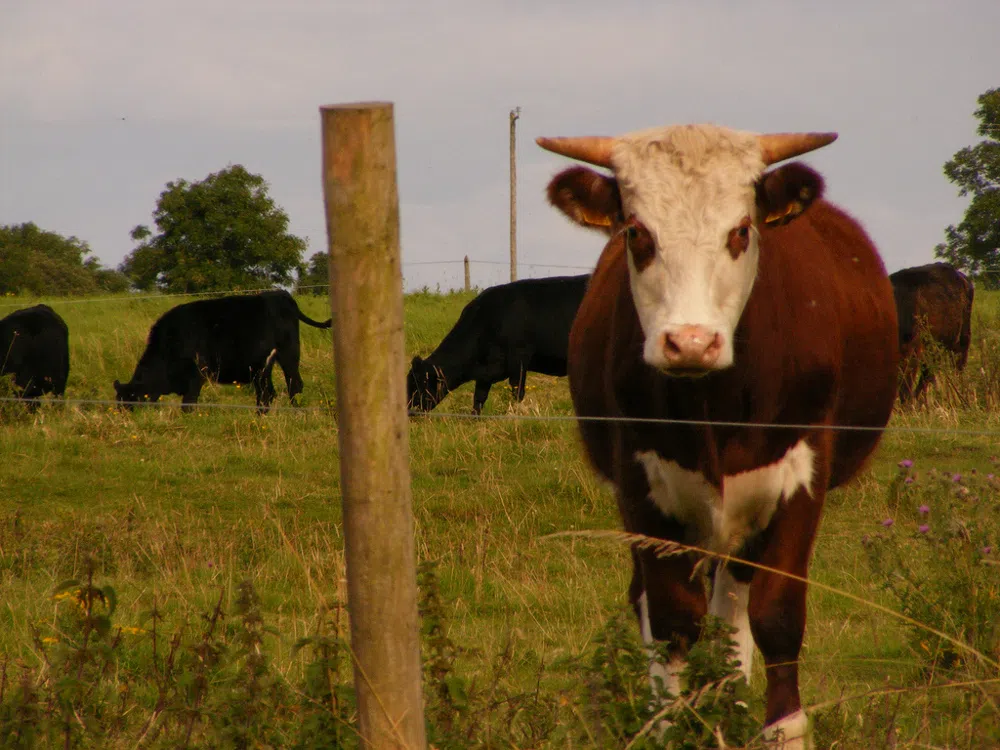
Government to lease provincial pastures to patron groups
Current patrons of the Saskatchewan Pastures Program (SPP) will have the option to lease pastures as the program phases out over the next three years.
“After considering the input received through the public engagement process, we have determined that 15-year leases will be offered to interested patron entities,” Agriculture Minister Lyle Stewart said. “This approach will ensure continued grazing opportunities and environmental stewardship of the land.”
The farm pasture program was created in 1922 to provide supplementary grazing to Saskatchewan’s livestock producers. In the most recent budget, it was announced the pasture program would no longer be operated by the provincial government.
The long-standing program includes 50 pastures across the province that provide ranchers with access to Crown land. In 2015, it supported roughly five per cent of the provincial beef cattle herd. Thirteen pastures in northwestern Saskatchewan will transition from the SPP for the 2018 grazing season. Another 19 pastures will transition for the 2019 season, and the remaining 18 pastures by 2020.


